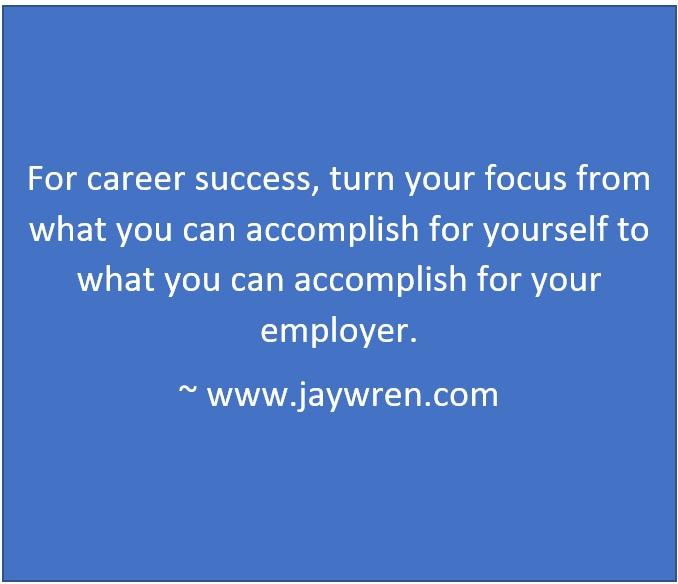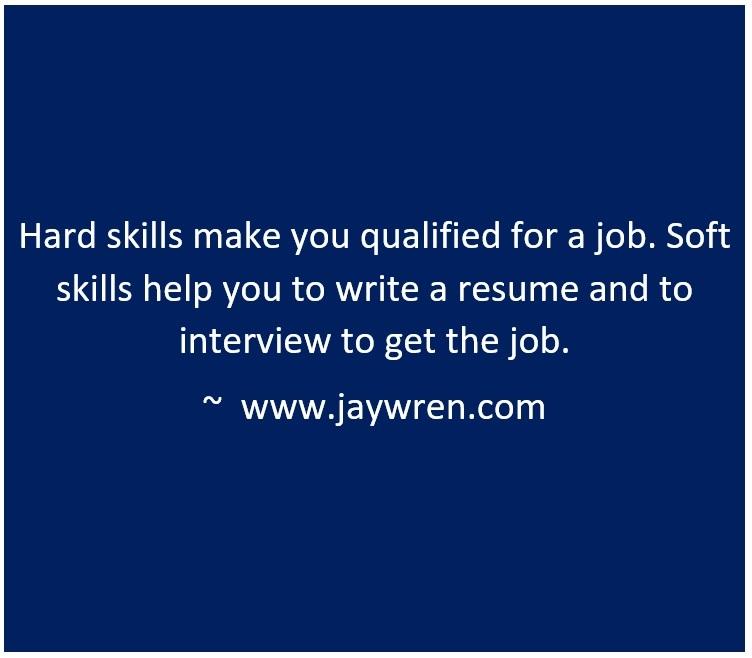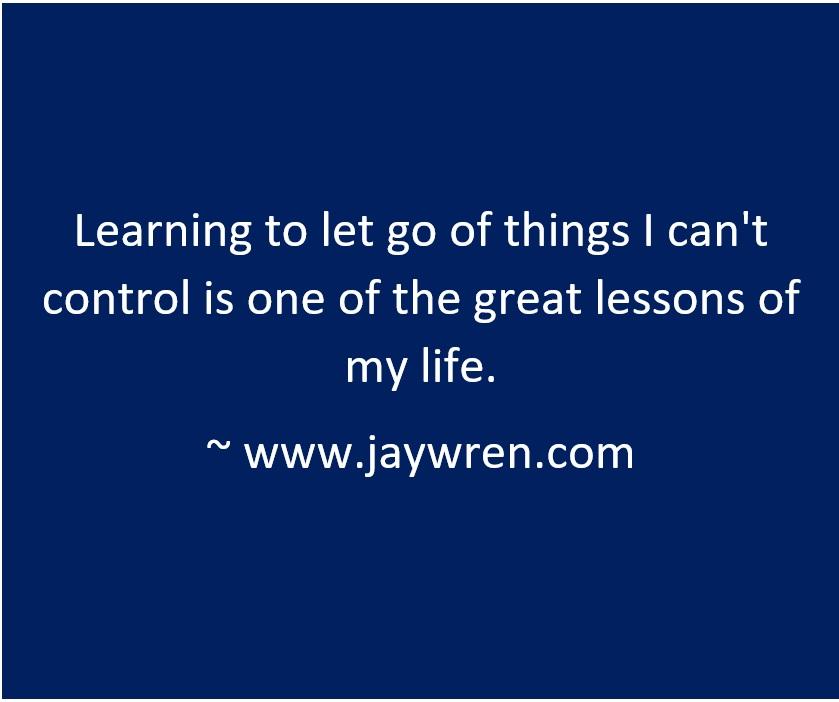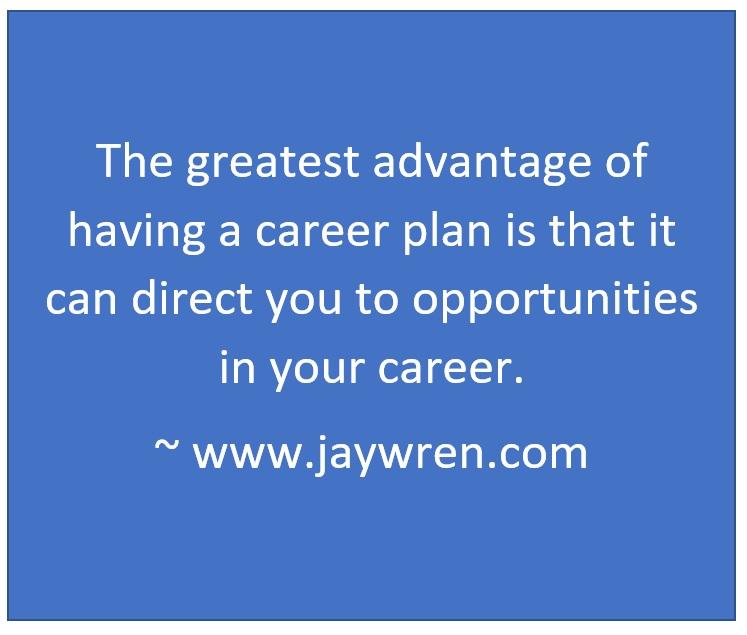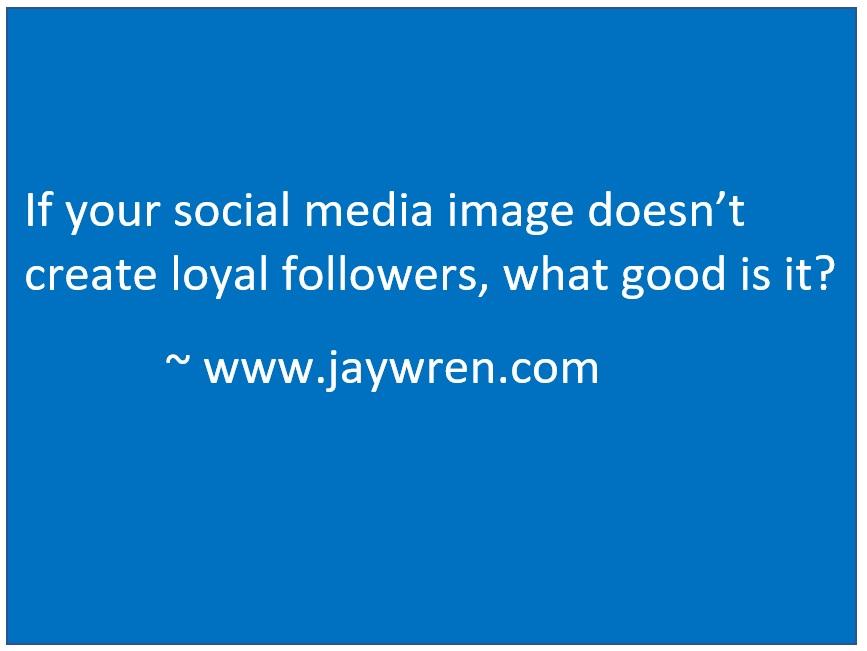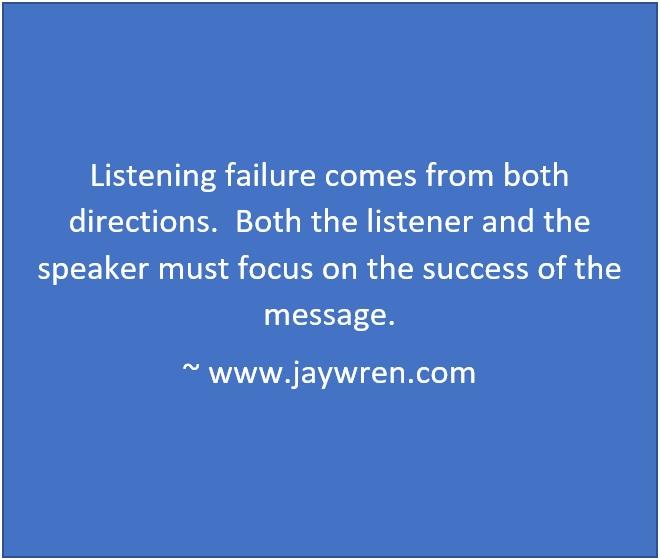Accomplishments: Why is it that some companies and some people fail to achieve their goals? How can they define their goals better with stating what they hope to accomplish?
The Benefits of Knowing What You Want to Accomplish
Goals are the things we hope to do. Before we set goals, we should ask ourselves what we hope to accomplish.
For example, a sales vice president may have a goal for the sales team to average 10 sales calls per day. By making several calls each day, the sales team increases opportunities for increasing sales.
However, sales teams can go for days, weeks, and even years making presentations to buyers and do little more than deliver an order pad.
On the other hand, if before each call, the sales reps decide what they hope to accomplish on each call and design a presentation that will make their call far more successful.
Successful Companies
Successful companies start with an idea of whom they will serve and what these people want.
Case Study
There are two competing peanut companies (not real companies). The goal of each company is to meet consumer demand for peanuts. However, Company A realizes that consumer satisfaction is the purpose that will create demand for the company’s peanuts. Company A focuses on taste, price, and availability to exceed customer expectation and builds greater customer loyalty. They focus on accomplishing consumer satisfaction in their product.
Career
For career success, turn the focus from what you can accomplish for yourself to what you can accomplish for your employer. ~ www.jaywren.com
In creating and updating your career plan, take a different view. If it is your goal to make a lot of money, ask yourself, “What can do I have to accomplish earning money?”
A broader example: your career goal may be to become the president of a company. For some people, what they hope to accomplish is recognition. However, the best way to become president of a company is to accomplish the greatest sales and profits for your company. By aligning what you hope to accomplish with the needs of the company, you will have a greater opportunity to accomplish what you seek in success in your career.
